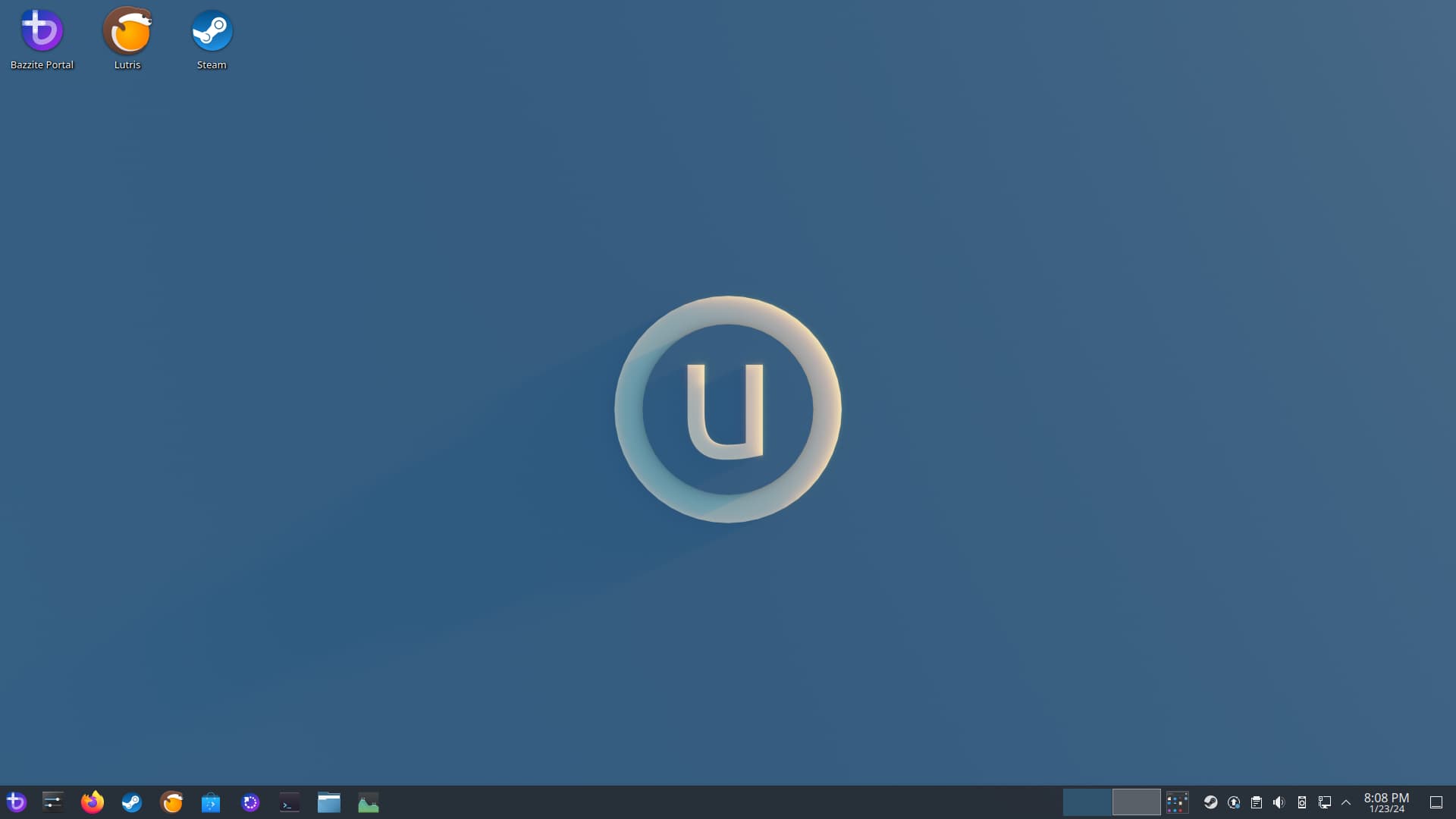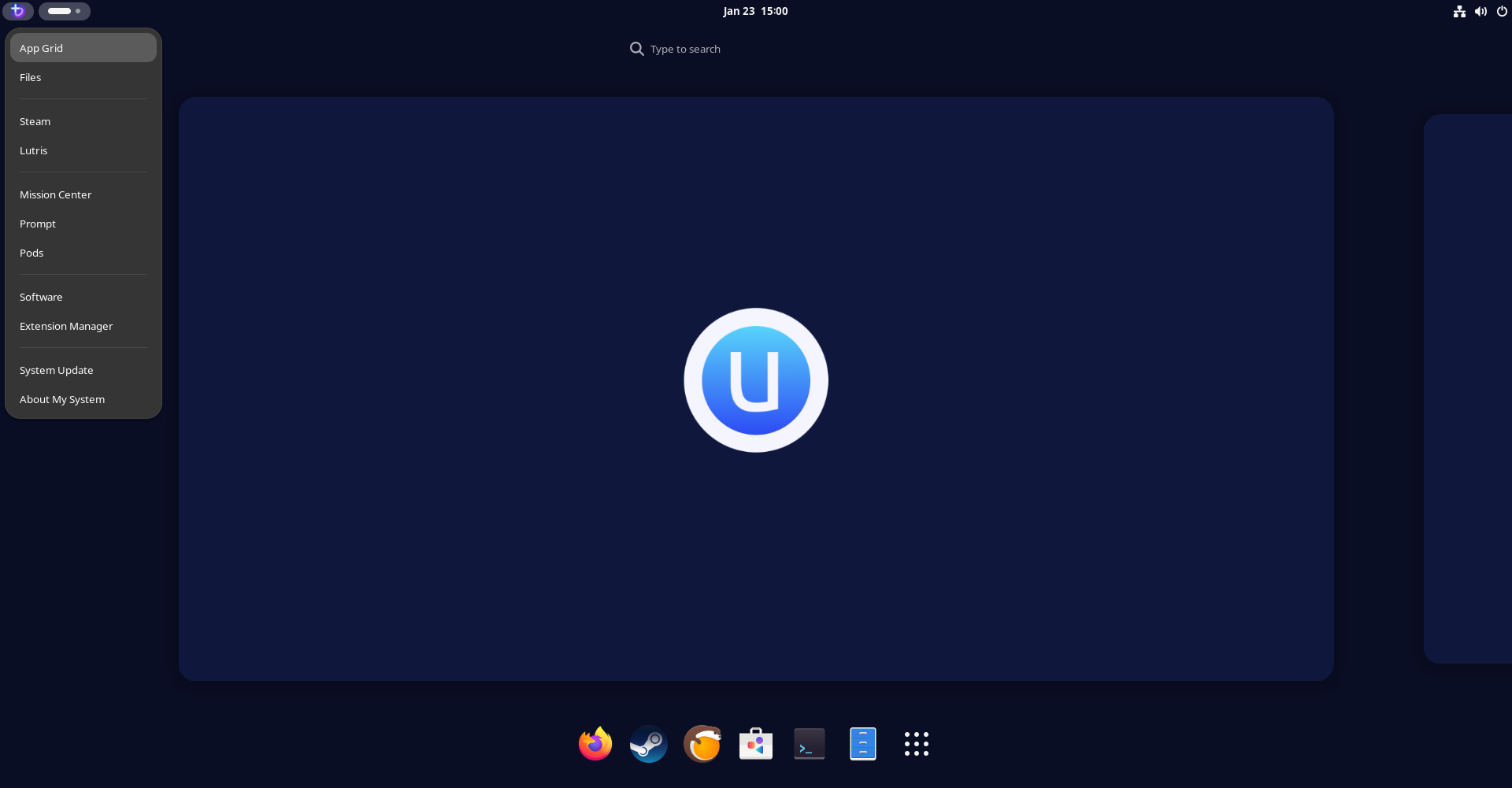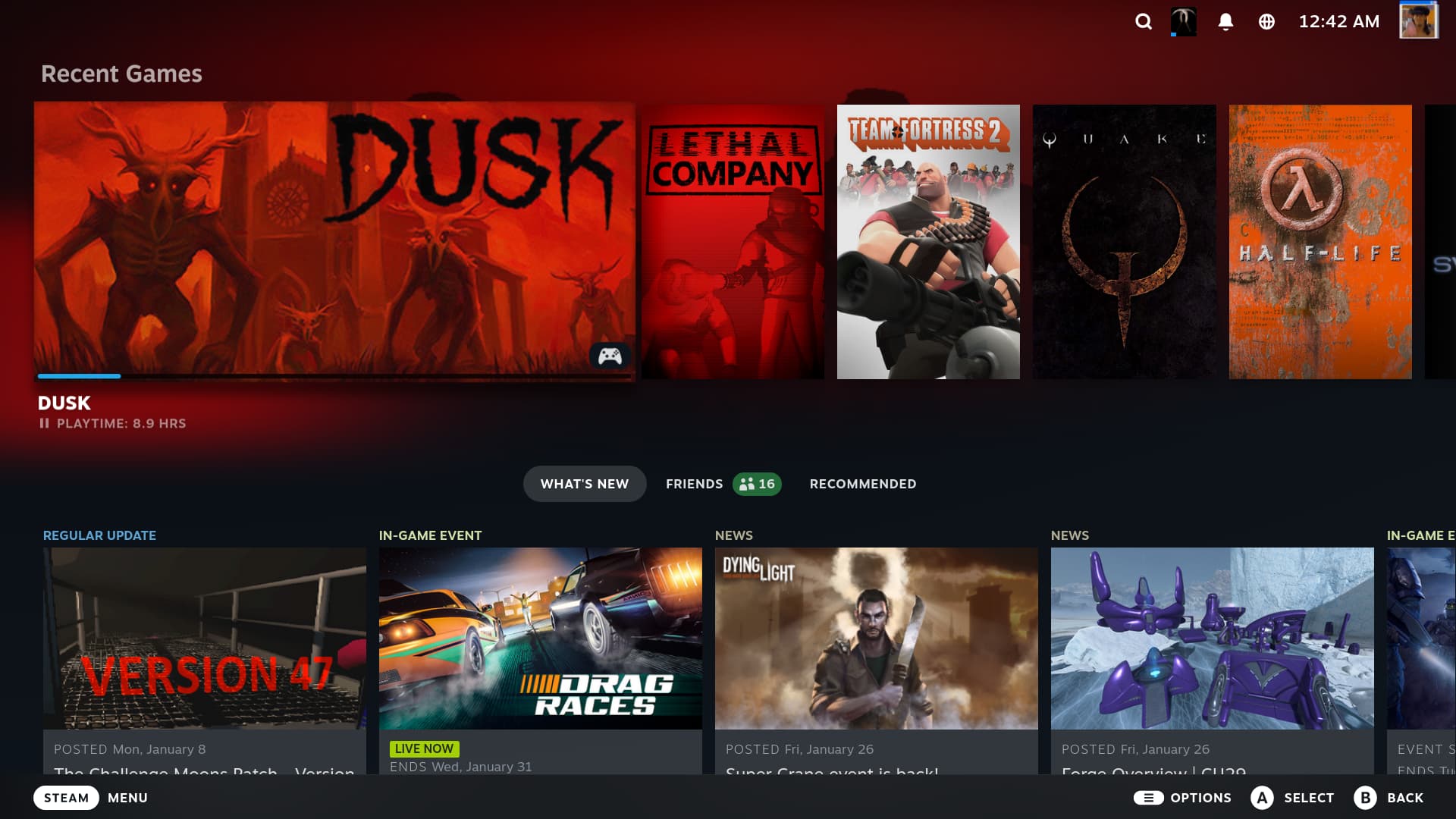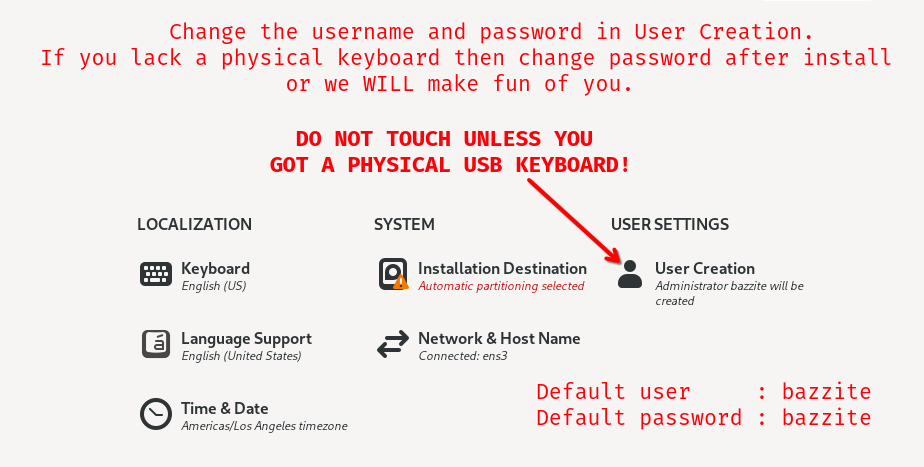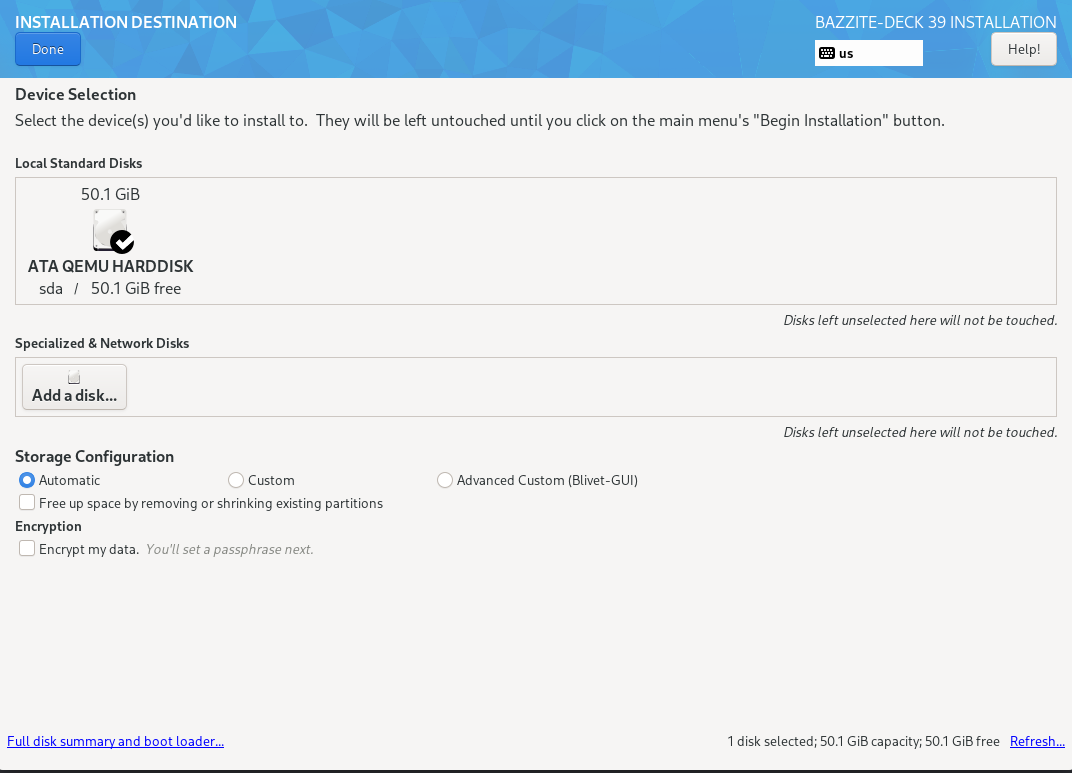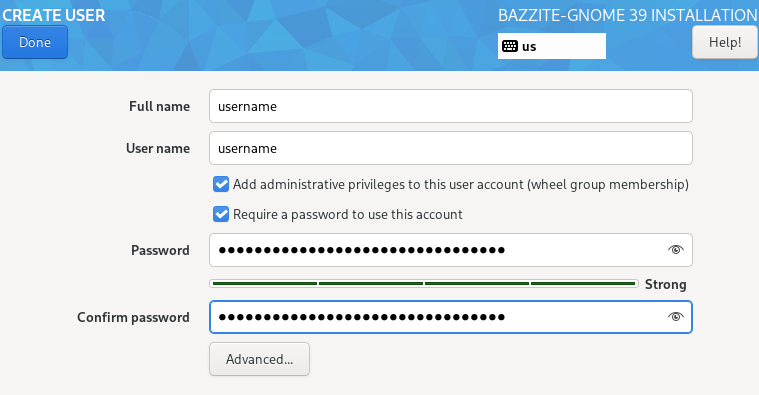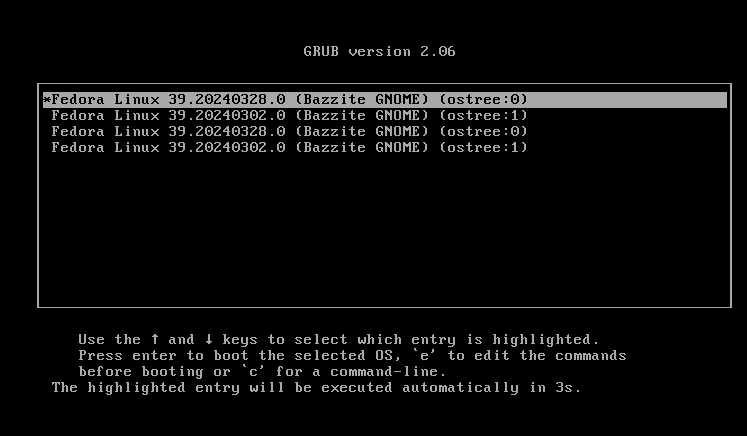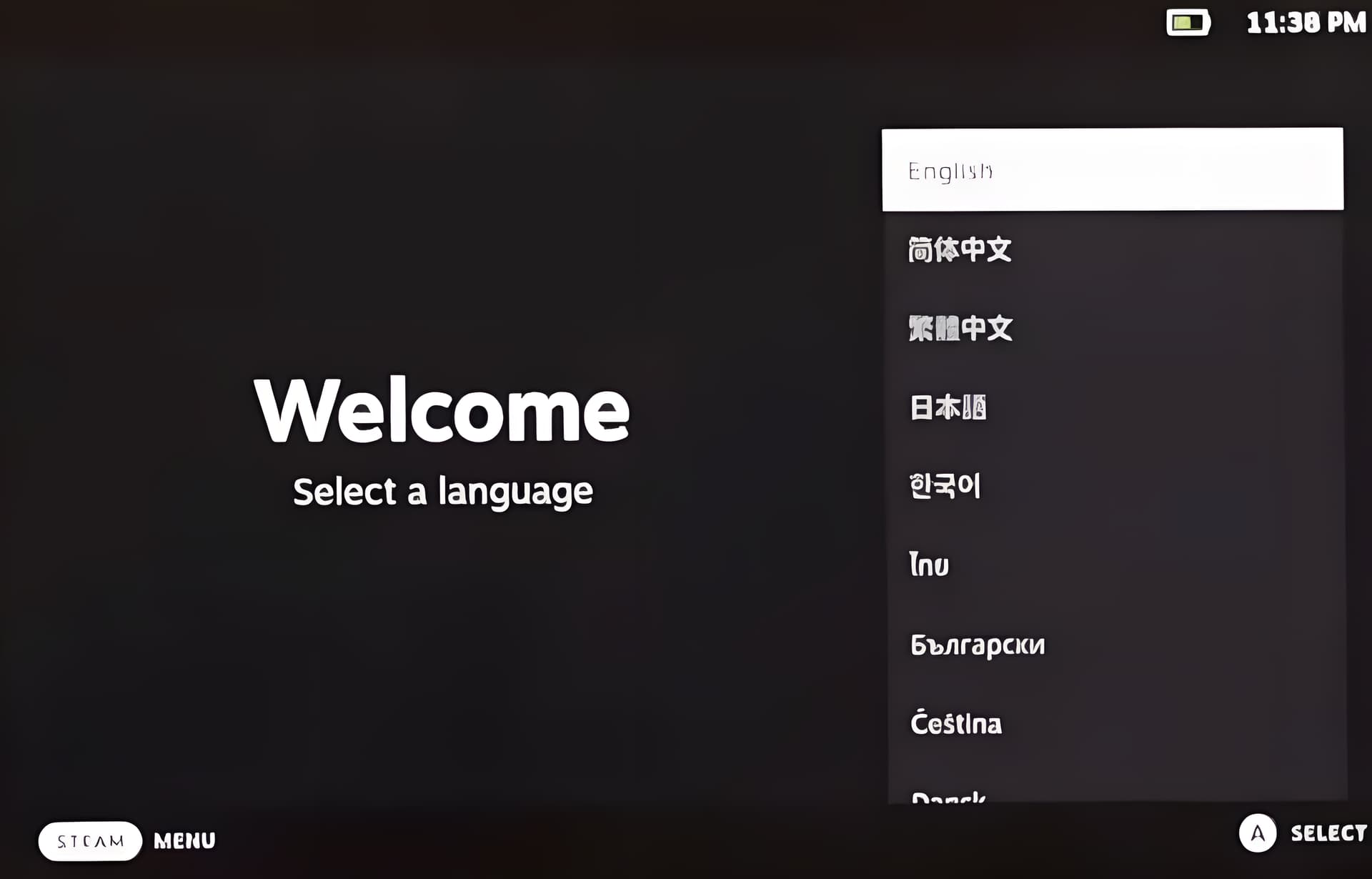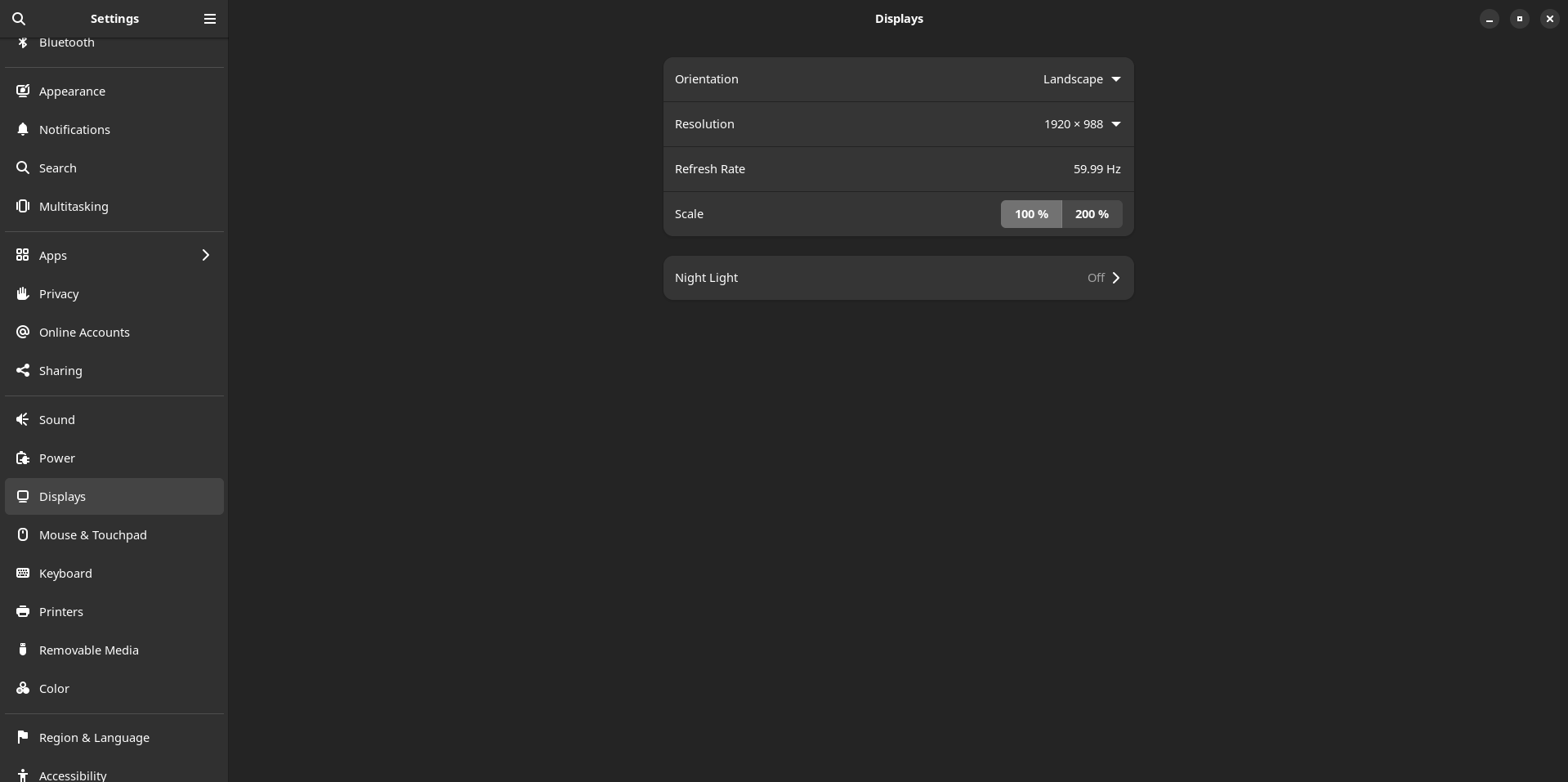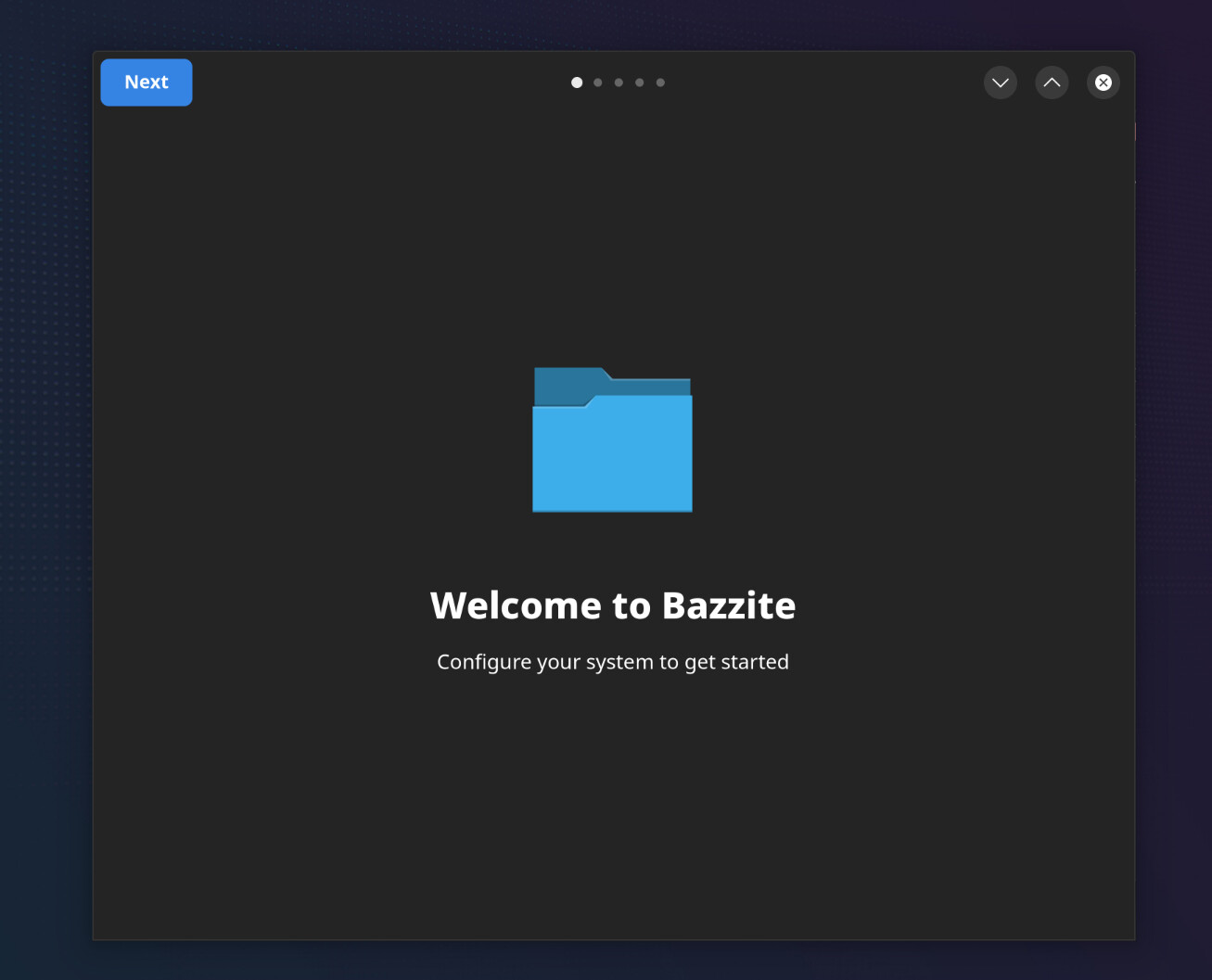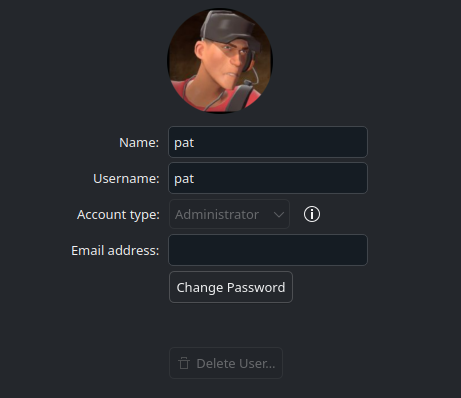Installing Bazzite on the Steam Deck
Bazzite on the Steam Deck¶
Status¶
Bazzite functions properly on the Steam Deck LCD and Steam Deck OLED models.
Pre-Installation¶
Pre-requisites and steps before installing Bazzite.
Installer Requirements¶
- Stable internet connection with no bandwidth cap in place.
- A USB flash drive with 10GB free space
- Note: All data on this drive will be wiped when flashed
- Software to flash the image:
- Ventoy
- Make sure to properly eject the drive after flashing the ISO to it
- Ventoy
- Optional: Physical keyboard (without one, your username will be
bazziteand the password will bebazzite)
Desktop Environments¶
All of the images come with the choice of KDE Plasma or
GNOME for their desktop environment.
Steam Gaming Mode is an option and is recommended for HTPC setups.
More information can be found on our FAQ about the differences between the image variants.
KDE Plasma (Default)¶
- KDE Plasma's default interface has a traditional and familiar layout
- Highly customizable with tons of settings
- Qt framework
- Popular Linux distributions like SteamOS use KDE Plasma
GNOME (-gnome images)¶
- GNOME's default interface has an elegant and touch-friendly layout
- Simple and concise
- GTK framework
- Popular Linux distributions like Ubuntu use GNOME
Steam Gaming Mode (-deck images)¶
Note
Your device will automatically boot into the Steam Gaming Mode session at startup, and Desktop Mode can be accessed from the "power menu" in Steam Gaming Mode.
- Requires a Steam account
- Included in the Bazzite-Deck images
- Interface is designed for handheld and couch gaming
- Controller friendly
- Choice of KDE Plasma or GNOME in Desktop Mode
- Extra functionality with Decky plugins
Warning
XHCI has to be set as the USB Mode for the Steam Deck for our ISO to boot! If it is set to DRD, please change it in your BIOS settings.
More information can be found here.
Installation Guide¶
The part of the guide that requires the most effort.
1. Download and Flash Bazzite¶
- Download Bazzite after choosing the Steam Deck ISO with our Image Picker tool.
- Flash Bazzite to your bootable medium.
- Eject drive.
2. Boot Installation Medium¶
Hold the 'Volume Down' (-) button and click the Power Button, and when you hear the chime, let go of both buttons, and you'll be booted into the Boot Manager.
When you get to the boot menu, select your bootable device to boot into the Bazzite installer.
3. Installer¶
Installation without keyboard
If you do not have a usb physical keyboard connected, do NOT press "User Creation", since it will remove the default username and password, and you will be unable to type a username or password without a physical keyboard.
default user: bazzite
default password: bazzite
- Select your language, region, keyboard layout, and time zone.
- Select the drive that Bazzite is going to be installed on.
- Delete any partitions that you have remaining on the drive.
- Recommended to use the automatic storage configuration.
- Optionally encrypt the drive with a password if desired.
- If you lose this password, then it cannot be decrypted.
- A PHYSICAL WIRED KEYBOARD IS REQUIRED TO UNLOCK THE DEVICE!
- Setup a user account. (If you do not have a physical, skip this step and begin the installation)
- Give administrative privileges and set a user password.
- Begin the installation.
- Reboot device after it has finished installing.
Post-Installation¶
The fine tuning before gaming.
GRUB Menu¶
The first boot will show a screen showing your current and last deployment. It is important to note that the GRUB menu can be used to rollback Bazzite deployments if you encounter issues.
Read more about this in the Updates, Rollback, and Rebasing documentation.
Login to Steam & Reboot Device¶
Login to Steam then reboot your device when you finish setting up your device during the first-boot process.
Setting Up Steam Gaming Mode¶
After completing all of the above, then your next boot will be in Steam Gaming Mode which requires additional setup for Steam.
Configuring System Settings for KDE Plasma and GNOME¶
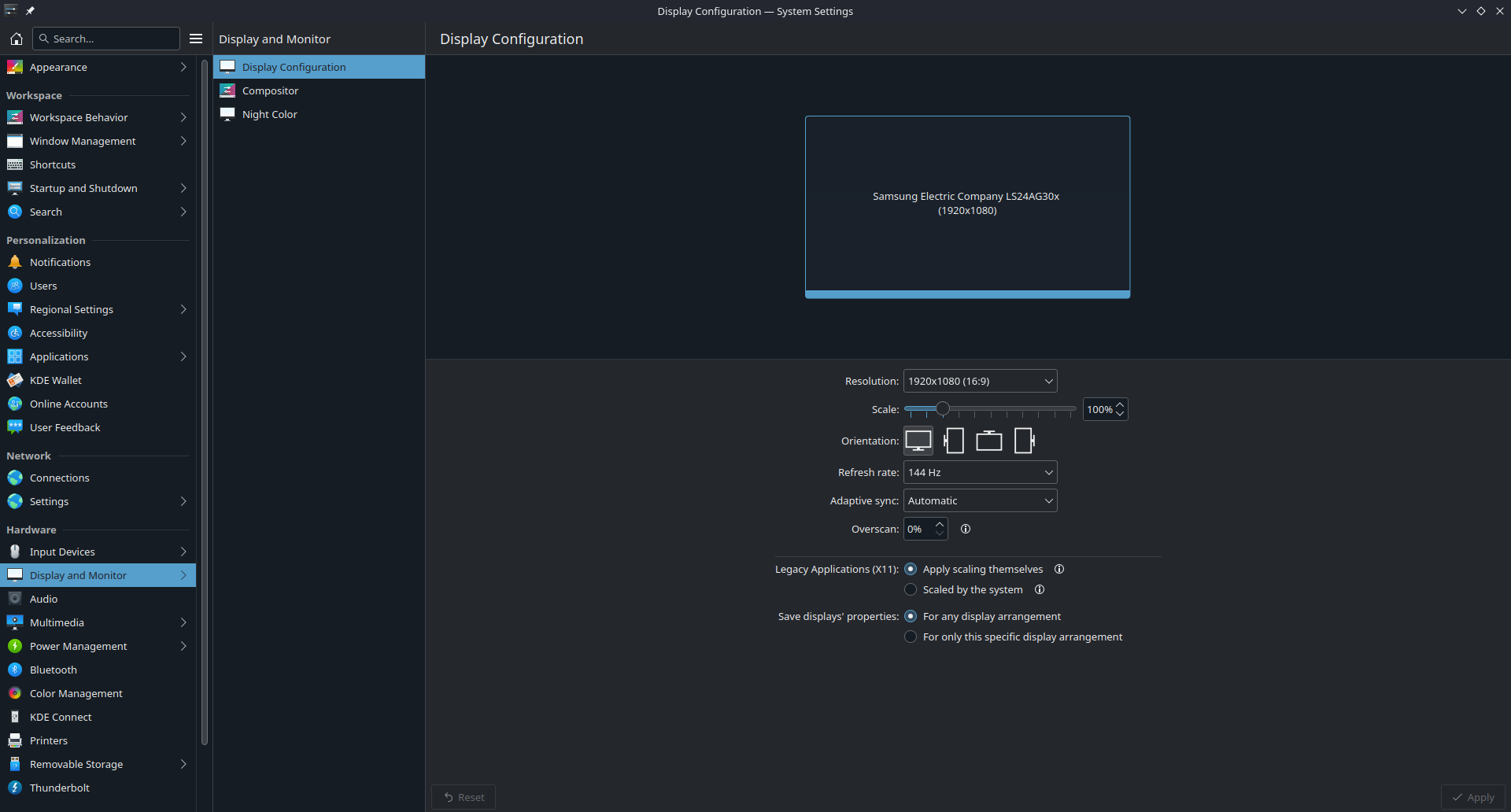
KDE Plasma's System Settings application
It is important to configure the system settings on a first boot to personalize your desktop especially if you notice the scaling is incorrect on first-boot.
First Boot Setup Utility: Bazzite Portal¶
An application will pop up welcoming you to Bazzite when you boot into the desktop for the first time. This is a utility that allows you to tailor Bazzite to your liking by installing additional software.
- Click "Next" to begin configuring Bazzite.
- Press the toggle switch button next to the item to have the option enabled or disabled for your installation, some are already toggled on by default.
- If you would like to customize any of the options, then press the arrow next to the toggle switch button if available.
- Installing items from the portal may take a long time.
Attention
There is a rare chance you will be asked to setup KDE Wallet or GNOME Keyring and set a password to continue installing items from the Bazzite Portal.
Installing Additional Software¶
The Installing and Managing Applications documentation is useful to learn how to install additional software on Bazzite outside of the Bazzite Portal.
Changing Default Password¶
(If it wasn't changed in the installer)
Change it in the settings of Desktop Mode under the "User" category.
Calculating ISO SHA256 Checksum Hash¶
Issues Installing Bazzite?¶
View the Installation Troubleshoot Guide.
See also: Upstream Manual Partitioning Guide & Steam Gaming Mode
 nicknamenamenick
nicknamenamenick
 KyleGospo
KyleGospo
 storyaddict
storyaddict
 castrojo
castrojo
 noelmiller
noelmiller
 rothgar
rothgar
 HikariKnight
HikariKnight
 Zeglius
Zeglius

